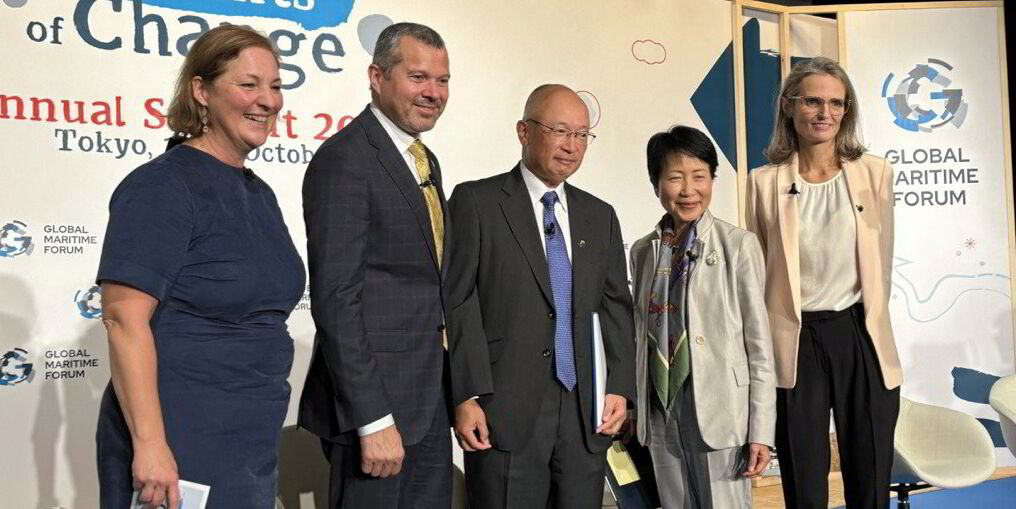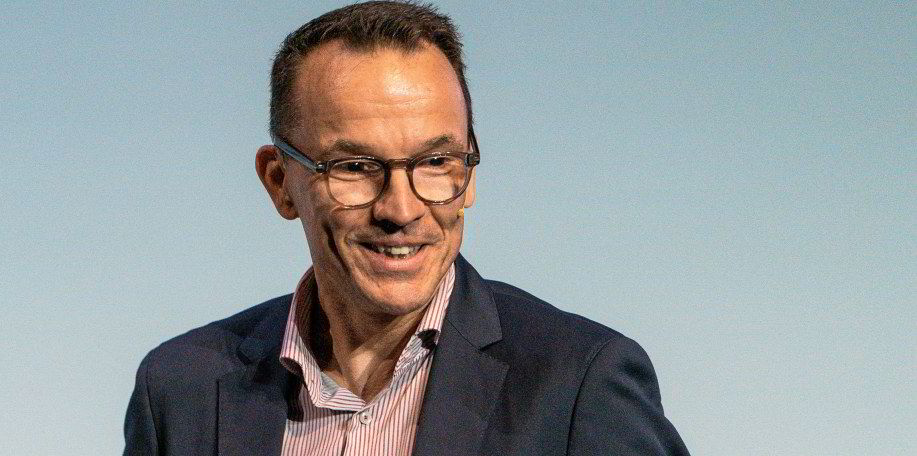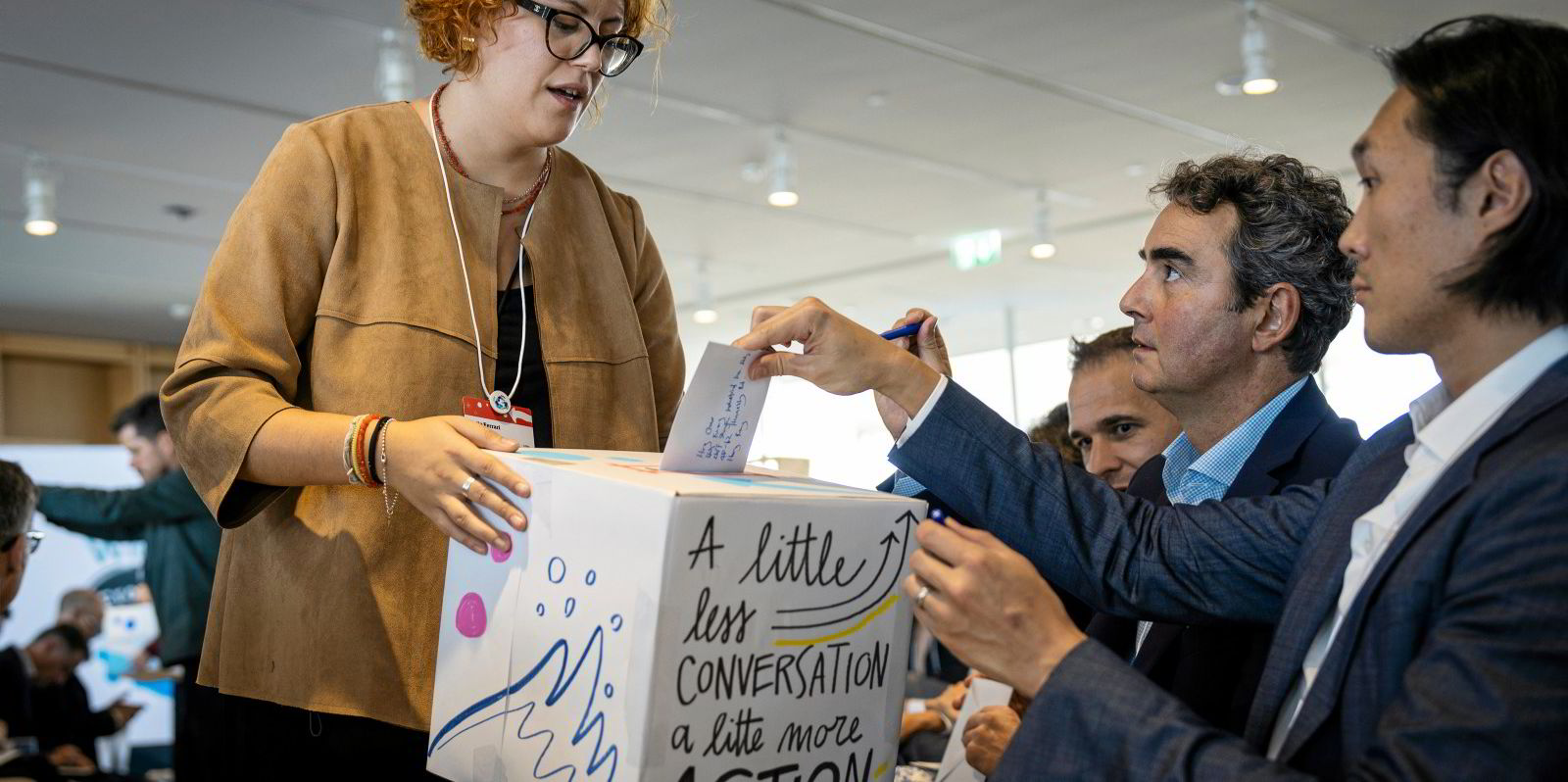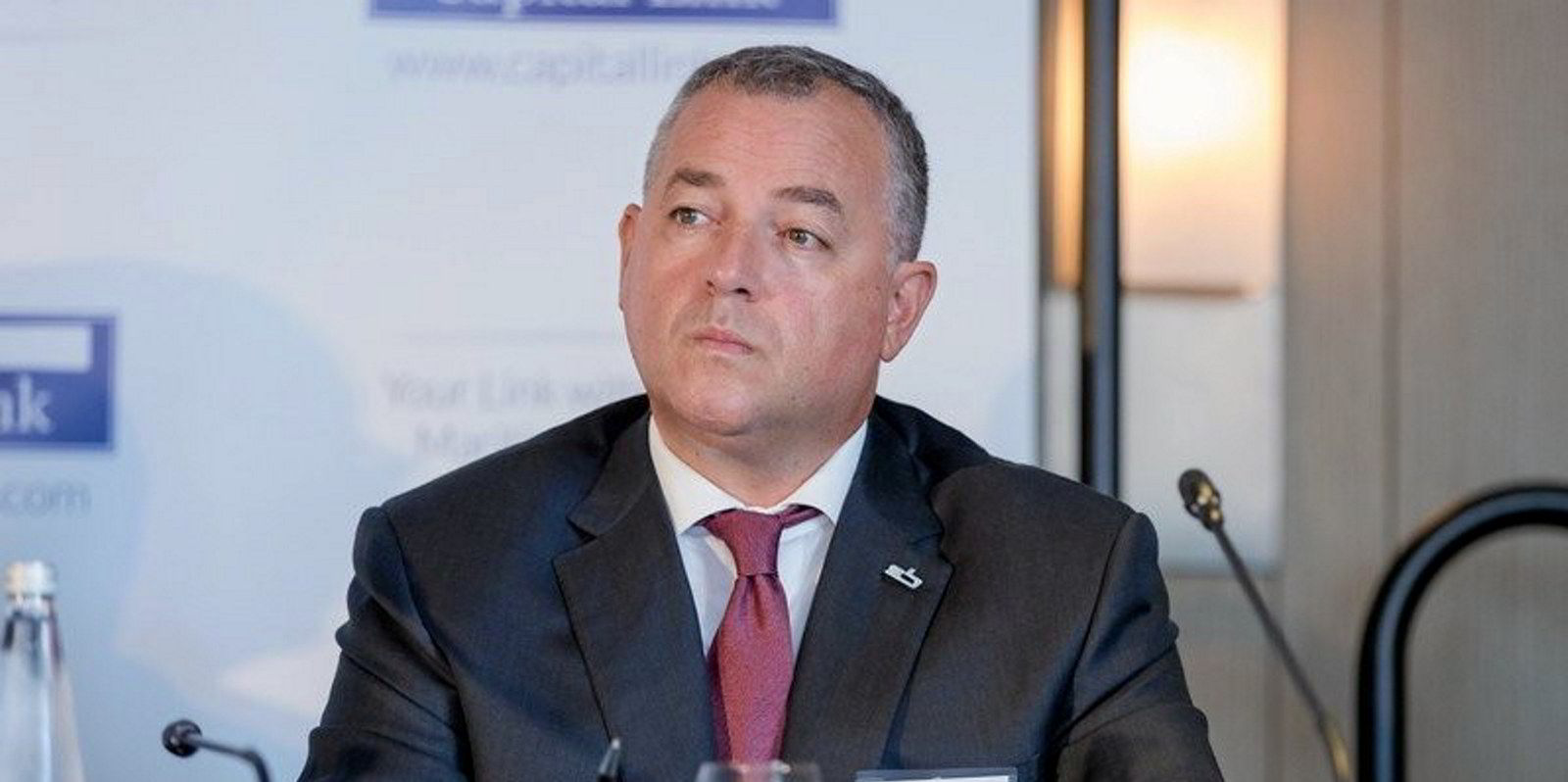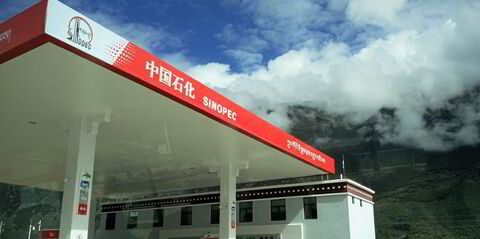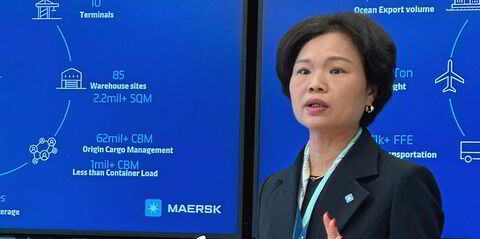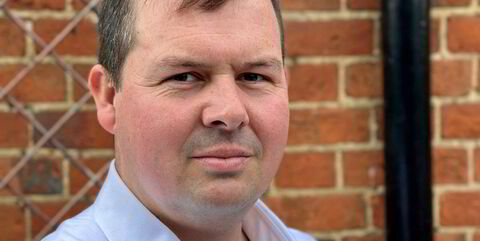Leaders in shipping should “step out of the comfort zone” to help build an industry that is sustainable for people and the planet, a top Cargill executive said.
Jan Dieleman urged key shipping figures to use their collective leadership, influence and financial power to drive decarbonisation and shape an industry that respects human values.
Addressing the more than 200 senior influence-makers at the opening of the Global Maritime Forum annual summit in Tokyo, he said: “You have the power to change the world. It takes courage to challenge the status quo. Step out of the comfort zone and embrace risk.”
Dieleman is president of Cargill Ocean Transportation, one of the world’s largest operators of bulk cargo vessels and is chairman of the forum.
He was speaking at the opening of the seventh annual summit of the not-for-profit organisation focused on promoting debate and action for sustainable shipping.
Takeshi Hashimoto, president and CEO of Mitsui OSK Lines, said shipping had reached a critical stage in decarbonisation, as the International Maritime Organization finalised financial measures to incentivise the use of low-carbon fuel and shipowners and fuel suppliers assessed critical investment choices.
Speaking on an opening debate panel, Hashimoto said he believed that all players in the shipping chain now needed to “accelerate the industrial atmosphere to encourage change”.
Fading optimism
Dieleman’s comments were made on reflection of what he detected was a decline in the level of optimism about climate-change mitigation measures among fellow business leaders, politicians and the press.
“I think it’s fair to say the sense of optimism seems a little bit faded,” he said.
“To be honest … this is not a surprise. Decarbonisation is complex and it is not a linear journey. There are a lot of other things going on right now.”
Yet Dieleman said he remained confident of the pace of change in shipping he had seen since the first forum summit in Hong Kong in 2018.
The agenda at the IMO to agree on financial measures to incentivise the use of low-carbon fuels next April will be a key test.
“The IMO will converge and find a compromise — a compromise that not everybody will like, but that’s what compromises are all about. Our role is to make them work.
“And to misquote President John F Kennedy: ‘Ask not what the IMO can do for you, but what you can do for the IMO’,” he added to laughter from the audience at the Happo-en venue.
Laure Baratgin, head of commercial operations at Rio Tinto, said decarbonisation was today at the heart of the mining giant’s commercial strategy.
It has already achieved a 40% reduction in its overall carbon intensity a year ahead of schedule and aims to lift that to 50% by 2030.
Rio Tinto owns a fleet of 17 vessels, including nine LNG dual-fuelled newcastlemax iron ore bulkers.
Safety was a further key indicator of performance, as part of ensuring business sustainability. “Safety is a proxy for productivity, which leads to better efficiency. It’s also a proxy for asset health,” Baratgin said.
IMO secretary general Arsenio Dominguez said that working conditions and training of seafarers were key components of decarbonisation and wider sustainability measures.
The IMO was addressing how to provide a “just” or fair energy transition for seafarers with adequate training, education and guidance on handling new and potentially dangerous fuels such as ammonia.
“What we don’t do is invest enough in seafarers,” Dominguez added.
“They should be treated and looked after like staff onshore, with services such as internet access provided free on board.”
